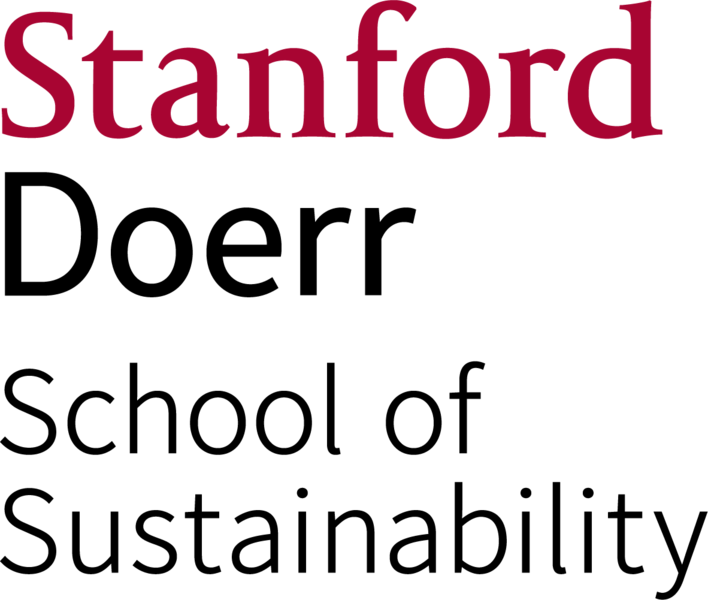We study how biogeochemical cycles respond to human impacts, with a particular focus on the most vulnerable and least understood carbon stocks in the tropics and the Arctic.

Assistant Professor
Earth System Science
Stanford University
ahoyt@stanford.edu
CV
The Terrestrial Carbon Cycle group at Stanford is led by Prof. Alison Hoyt in the Department of Earth System Science. Our current work focuses on soil carbon, greenhouse gas emissions and their future response to climate change. For example, we investigate methane emissions from tropical wetlands around the world, the impacts of land use change on tropical peatlands in Southeast Asia, as well as carbon released from permafrost thaw in Siberia. We also collaborate closely with the International Soil Radiocarbon Database community and the Congo Biogeochemistry Observatory.
We address these issues at multiple scales. At small scales, we focus on mechanistic, process-level understanding of biogeochemical cycles using detailed field studies, isotope measurements and numerical modeling. At regional to global scales, we quantify the impacts of climate change and land use change using remote sensing, geospatial analysis and the development of new soil carbon databases.
Current Projects:

Wetland greenhouse gas emissions

Land use change in tropical peatlands

Agricultural management and GHG emissions






